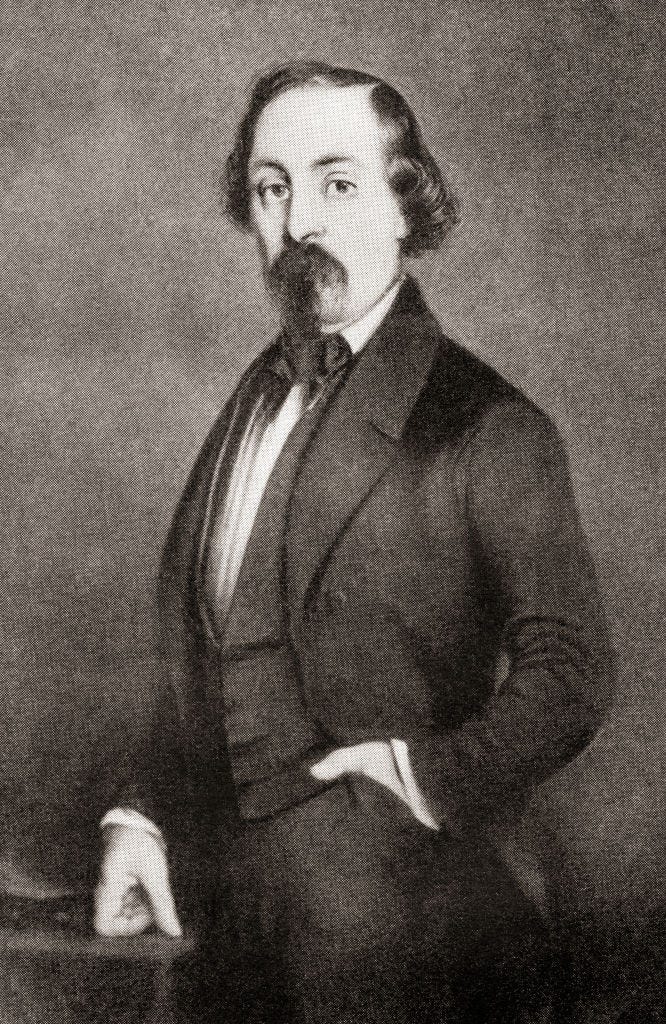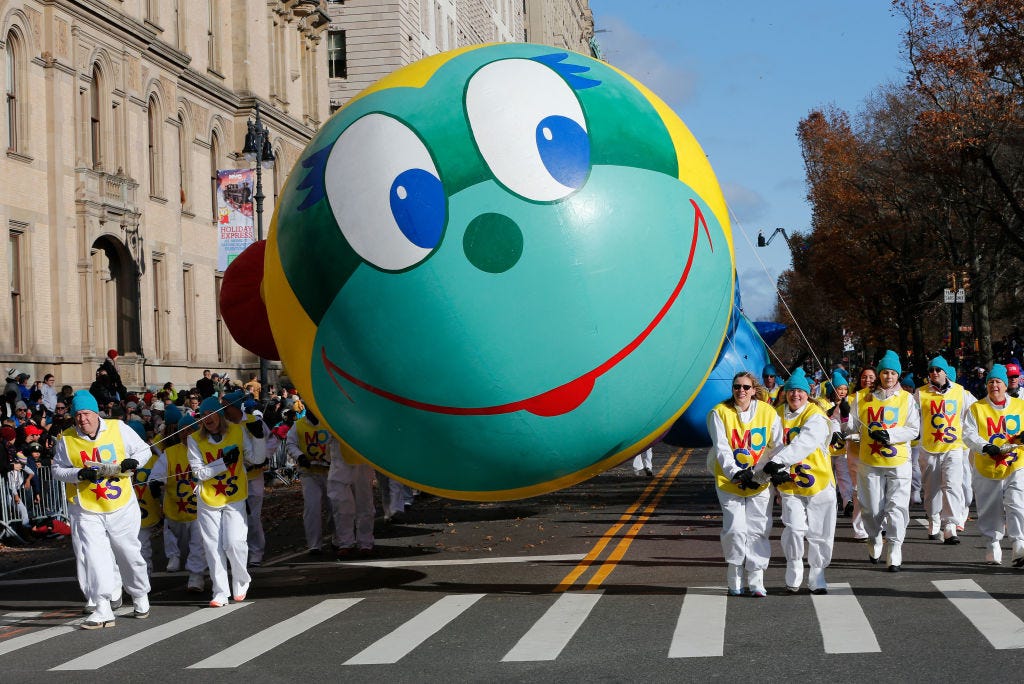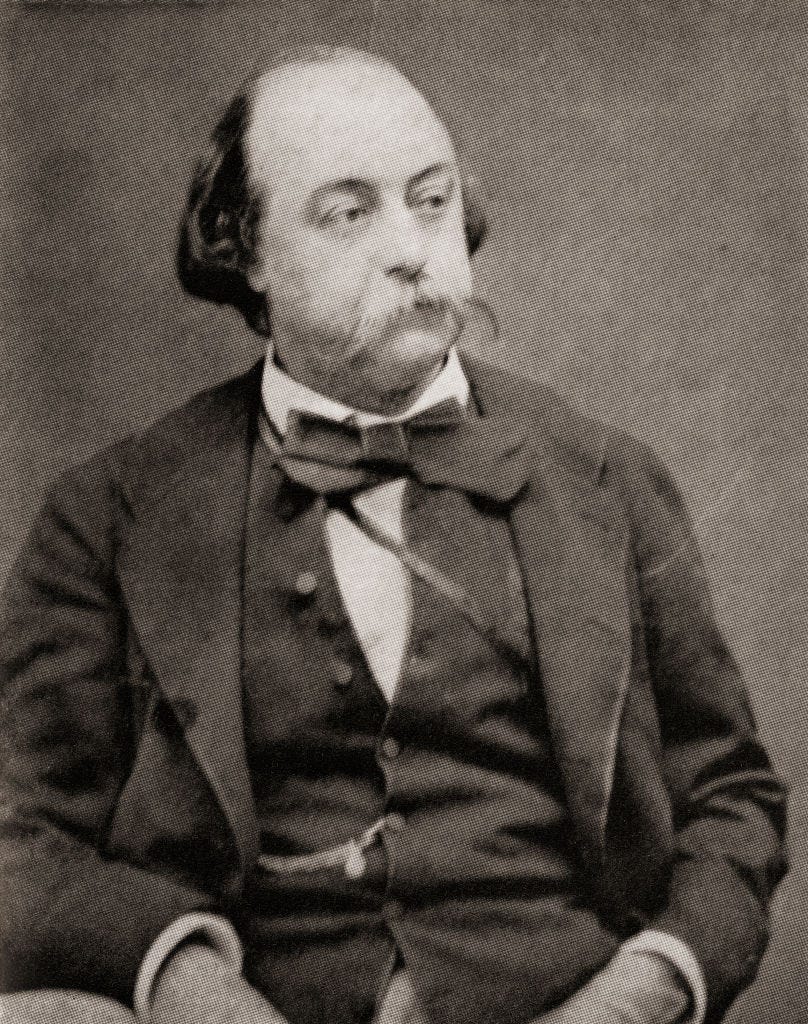Welcome back to Worm School! This summer, I’m making a plan for finally finishing my overdue book project—and the advice I’m giving myself / the habits I’m adopting in my writing cave should, I hope, prove useful for anyone trying to make progress on an ambitious creative project.
This week I’m excited to announce Worm Zoom, an experiment in virtual accountability that I’m going to run weekday mornings for at least the next few weeks. More info below. First, today’s lesson:
Week Three: Find Some Accountability
Here’s something I wish someone had told me when I was graduating college with the goal of becoming “a writer” (but not a lot of clarity about what exactly that meant): You can’t do it alone. Honestly, I thought I could do it alone—in fact, I sort of thought that was the whole point? I grinned in recognition when I read the following line in a Sigrid Nunez interview a few years ago: “I became a writer because it was something I could do alone and hidden in my room.”
Yes, me too! And, yes, part of being a writer is staying alone and hidden in your room (and, yes, I love that part). But any time I’ve had success as a writer—and by that I mean success in the writing, producing work I felt good about at a reasonable pace—there have been other people involved in the process. People reading what I’m producing and giving me feedback and encouragement—truly, it makes all the difference.
In fact, I’ve come to believe that this kind of accountability is not optional. If you’re serious about being a writer or an artist, you have to find some measure of community support. This will make it easier and more fun to do the work, and, crucially, it will make the work better.
Sometimes the community you need might be just one other person! I’ve always loved the story of Flaubert writing Madame Bovary. Here was the ultimate solitary genius, working alone in his study at night, creeping forward on his novel at an excruciatingly slow pace—that’s one of part of how he got it done. But the other part is that every Sunday his friend Louis Bouilhet would come to visit and Flaubert would read aloud his week’s progress (sometimes only a page or two), and Bouilhet would offer commentary. This is what kept Flaubert actually writing the thing. Without Bouilhet there might be no Bovary.

(See also my first post of 2024, on Gilles Deleuze and Félix Guattari’s unlikely intellectual partnership.)
If you’re shy about sharing your work in progress . . . hey, me too! I’ve been really inspired, however, by the writer Sheila Heti, who has been vocal about how much she relies on a network of trusted readers. She wrote in 2020:
Probably no fewer than 40 people read drafts of my books before they reach publication. It is in conversation with these writers that so much of the work is done: the work of moral support, the work of responding to the very high standards of my fellow writers, and writing with the knowledge that people I know and respect are going to have it in their hands.
OK, so inviting a trusted friend (or friends) to read or listen to or look at your work in progress is one way to create some much-needed accountability. Some other methods could be to take a class, enroll in a graduate program, apply to a residency, fellowship, or retreat, start a writers’ group, perform at an open mic night, or join a community theater or performance space (depending on your medium and your goals). Sharing your work publicly can do the trick, too—you could start a blog, a newsletter, a podcast, a YouTube channel, a reading series, or another venture where you feel a sense of obligation to your audience, and also some exchange of energy with them.
You can do more than one thing at a time! Part of my plan to finish my book project has been asking my editor if she’ll read new material every month instead of waiting until I have a complete-ish manuscript draft to share (our previous arrangement). I’ve also been in two writing groups here in LA, though they are both dormant at the moment. And, as I keep mentioning, Worm School is my attempt to trick myself into finally finishing this book by breaking down, step by step, the habits I know I should be implementing in my writing life.
But lately I’ve been feeling like I might need even more accountability, and I’ve been curious about virtual work groups like Chelsea Hodson’s Morning Writing Club and my newsletter friend
’s Summer Writing Nights (starting later this month). The idea with these and similar programs is that everyone logs onto Zoom at the same time, participates in a quick check-in, and then turns off their cameras and works on their own thing for a set amount of time.I’ve participated in a weekly Zoom “power hour” that functions like this, and it is surprisingly effective. Just setting that intention of working on a project for a certain amount of time—and knowing that other people are doing the same thing at the same time—can be really powerful. It may not be as good as having a Louis Bouilhet come visit every Sunday, but it’s a form of micro-accountability that can keep you working on something when you might otherwise let it slide.
So I thought, as a Worm School experiment, I’d host my own Zoom work sessions, not just for writers but for anyone who needs some daily accountability.
Here’s how it will work:
Starting tomorrow, sessions will take place weekday mornings from 6–8am Pacific / 9–11am Eastern time.
At the beginning of each session, I’ll say a few words of welcome. Then we’ll all turn our cameras off and work “separately together” for two hours. (Note: You don’t have to turn your camera on at all.)
Join at any point in the two hours and stay for as long as it’s useful and your schedule allows. There will also be a tracking spreadsheet you can use to log sessions—see the link below.
Worm Zoom is open to all paid subscribers to this newsletter. If you’re not yet a paid subscriber, you can become one here.
I’m going to host Worm Zoom for the next few weeks and then I’ll decide if it’s worth continuing or needs to be adjusted. I’ll let you all know how it’s going in the next issue.
All the Worm Zoom links are here. If you want to participate, please bookmark this page! Every day, I’ll post the link for the next Zoom session, plus you can access the tracking spreadsheet from here.
OK, hope to see some of you on Zoom starting tomorrow morning! In the meantime, I’d love to read your thoughts about this and other methods of creative accountability in the comments below.







Online accountability groups were so helpful when I was writing my last book. My go-tos were London Writer's Salon (they do 8am writers hours at different time zones) and also FocusMate when my energy is more Flaubert. As I have been 'researching' aka procrastinating on the new book, I could do with some accountability as I write the proposal and sample chapters. It looks like 6-8am for you is 2-4pm here in England. See you tomorrow...
Love this! These days, any time I’m not reaching my goals (assuming they are reasonable) I know what the problem is—I need more support/accountability.
Also the phrase “Worm Zoom” just fills me with joy.